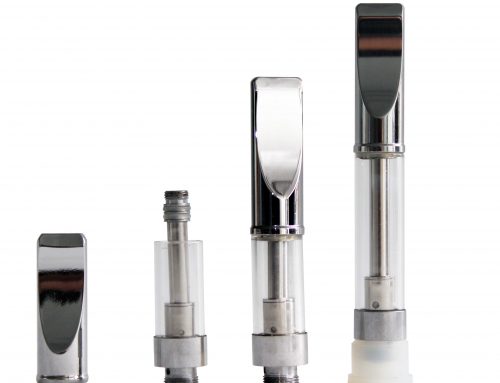Voters in five U.S. states considered legalizing marijuana on Nov. 8, but only two states succeeded in their ballot initiatives. Maryland and Missouri would have been the 20th and 21st states to approve the possession and sale of recreational marijuana. Voters in Arkansas, North Dakota and South Dakota rejected legalization measures.
Maryland’s Question 4 Passes Easily
In Maryland, lawmakers passed a bill to put Question 4 on the ballot. Voters were asked, “Do you favor the legalization of marijuana use for individuals who are 21 years of age or older in Maryland on or after July 1, 2023?”
As of this morning, Question 4 passed easily with 65.6 percent of the vote after 82 percent of the ballots were counted, according to media reports.
The majority yes vote, once certified, will trigger a companion bill to implement legalization. Legal markets and retail sales will be in place by 2024 or 2025, but simple purchase and possession of 1.5 ounces of marijuana will be legal for adults 21 and older on July 1, 2023, MJBizDaily reports. Home growing of two plants will also become legal next July, according to Marijuana Moment.
Missouri: Third Amendment Survives Close Vote
With 95 percent of the vote counted, Missouri is certain to pass its legalization initiative, albeit with a closer vote than Maryland (53 percent to 47 percent).
According to Marijuana Moment, the measure would legalize the purchase and possession of up to 3.5 ounces of marijuana for adults 21 and older, and allow households to grow up to six flowering marijuana plants, six immature plants and six cloned plants. The law would also expunge the records of some people with marijuana convictions.
Missouri already has a medical marijuana program that would allow existing medical dispensaries to sell recreational marijuana if they choose to do so. The state would impose a 6 percent tax on all recreational sales.
Arkansas: Republican opposition kills Amendment 98
In Arkansas, recreational legalization failed by a huge margin (56 percent to 44 percent), much to the relief of conservative state politicians who opposed the measure.
Leading Arkansas Republicans such as Governor Asa Hutchinson, Senator Tom Cotton and gubernatorial candidate (and now governor-elect) Sarah Huckabee Sanders linked marijuana to rising crime rates in the weeks leading up to the election, according to MJBizDaily. That was apparently enough to dissuade the state’s generally right-wing voters.
Arkansas approved medical marijuana in 2016, but even a carefully crafted ballot measure in response to conservative concerns couldn’t get recreational marijuana over the line.
North Dakota Measure 2 failed, just like its 2018 predecessor
With 95 percent of the vote counted, North Dakota’s second recreational marijuana ballot initiative failed. the 55 percent to 45 percent defeat was closer than the 59 percent to 41 percent defeat in 2018, but not by much.
Like the Arkansas ballot measure, North Dakota’s Measure 2 was designed to gain conservative support. The measure would not decriminalize marijuana and would limit retail sales to 18 outlets in the state.
South Dakota Proposed Measure 27 Fails in a Close Race
In 2020, South Dakota voters approved the legalization of medical and recreational marijuana on the same day. However, Gov. Kristi Noem launched a legal battle against the recreational ballot measure that ultimately led the state Supreme Court to strike down Amendment A on technical grounds last year.
This year, South Dakotans bit off more than they could chew on the legalization issue, defeating Measure 27 by a fairly close vote (53 percent to 47 percent). Opponents of the measure ran an ad suggesting that legalizing marijuana would lead to addiction and suicide among the state’s children, according to The Marijuana Hour.
South Dakota has dangerously tough marijuana laws, including allowing people to be charged and convicted for simply testing positive for tetrahydrocannabinol – even if the marijuana that triggered the positive test was consumed in another state (marijuana is legal in neighboring western state Montana). Even the sale of small amounts of black market marijuana can result in mandatory prison sentences.
Translated with www.DeepL.com/Translator (free version)


